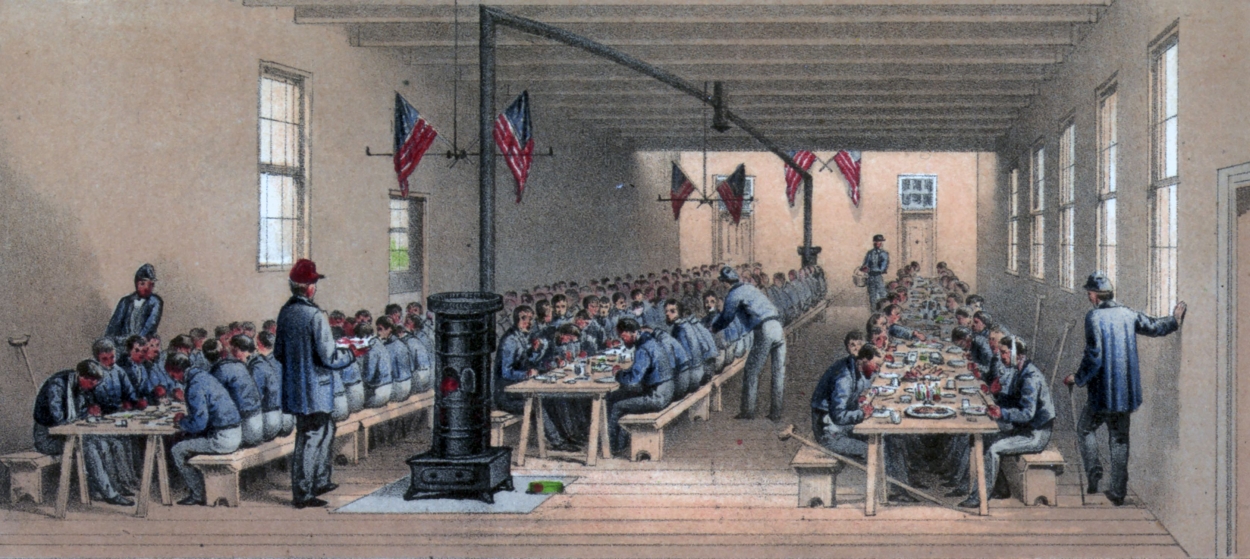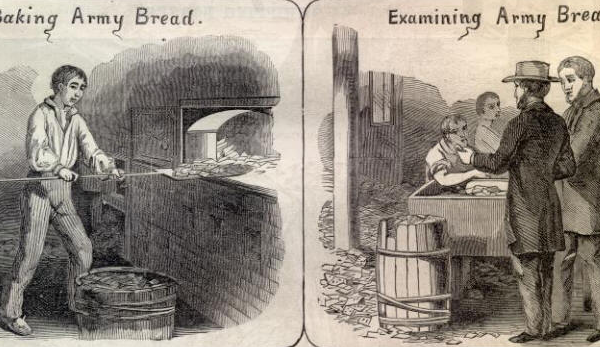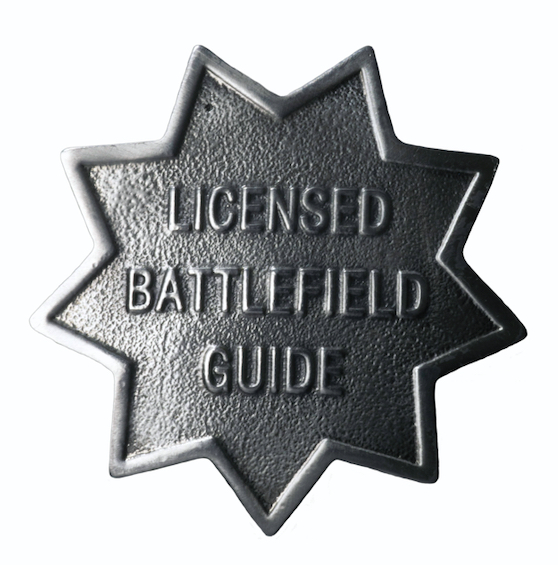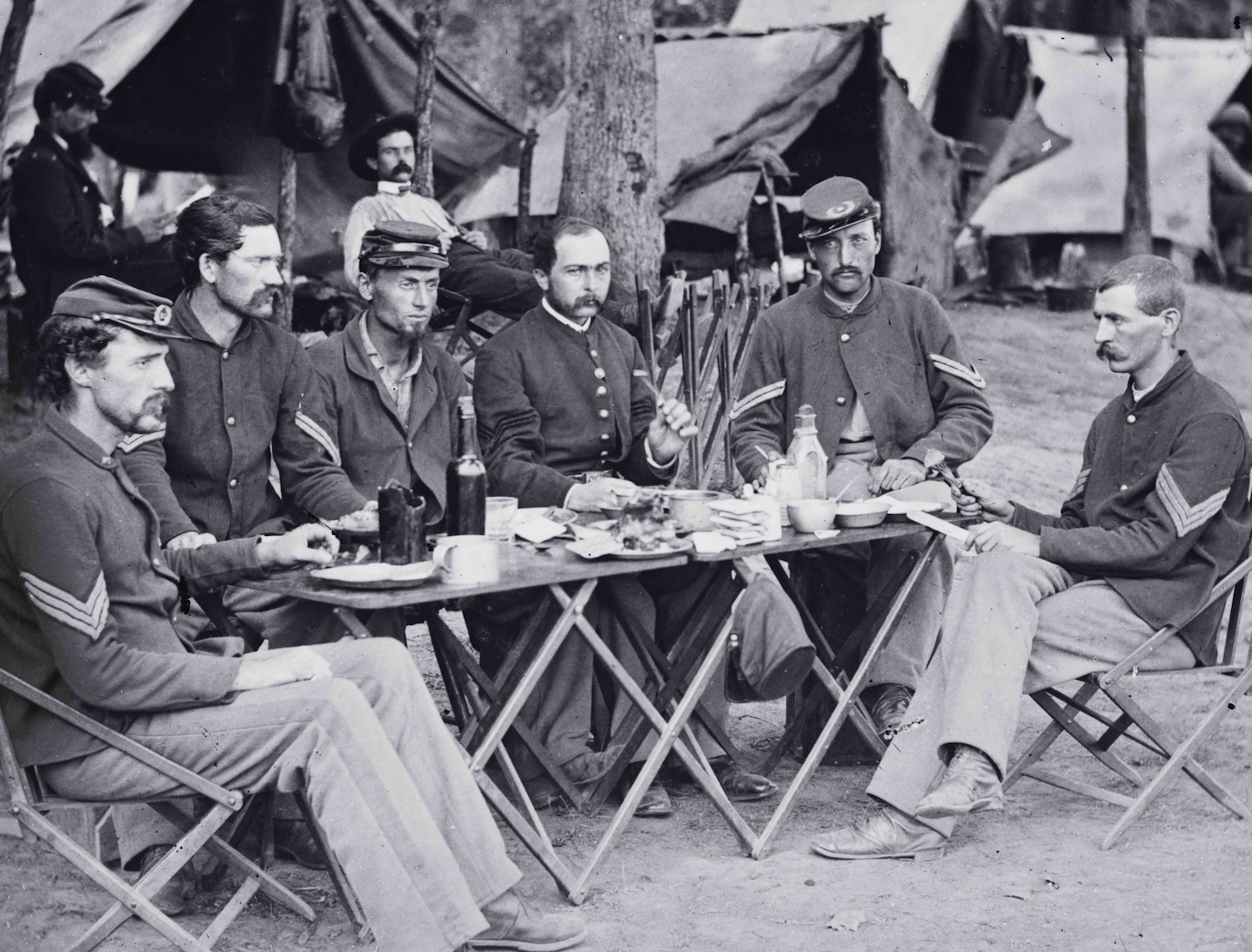
In the Voices section of our Summer 2022 issue we highlighted quotes about one of the more common foods consumed by soldiers on both sides: salt pork. Unfortunately, we didn’t have room to include all that we found. Below are those that just missed the cut.
“When volunteers come first to the field, fresh from the variety of home and markets of comparatively easy access, they demand, of salt meats, beef rather than pork. But veterans prefer pork. The reason is obvious. The fat of the pork, cooked or uncooked, takes the place of butter, and fulfils the want of an oleaginous constituent in the food. It also enables the soldiers to cook mutton or poultry that fall in their way on the march or on foraging expeditions. There is another reason why they prefer pork; its fat retards the penetration of the gastric juice, and it continues longer the sense of fullness in the stomach.”
—American scientist E.N. Horsford, in his 1864 book, The Army Ration, a study he made “[a]t the request of officers connected with the administration of the Medical and Subsistence Departments of the Army”
“Hard-tack, salt pork and coffee were the soldier’s mainstay. The sweetest meal I ever ate consisted of crumbs of hard tack picked up out of the dirt, where the boxes had been opened to issue crackers to the troops, and a piece of salt pork that had been thrown away by an infantry soldier. I still cherish the memory of that feast.”
—New York cavalryman Stanton P. Allen, in his memoir of the conflict
“No one can without actual experience appreciate the cravings of a man who has subsisted for months on head bread and salt pork. The moment such a man gets within reach of luxuries, … he rushes to the sutler’s and baker’s and buys what he wants at whatever cost.”
—A Union soldier in a letter published by the New York Illustrated News, January 13, 1864
“On one occasion the general received by mail an anonymous communication from a private soldier containing a very small slice of salt pork, carefully packed between two oak chips, and accompanied by a letter saying that this was the daily ration of meat, and that the writer having found it impossible to live on it had been, though he was a gentleman, reduced by the cravings of hunger to the necessity of stealing.”
—Lieutenant Colonel Charles S. Venable, a member of Robert E. Lee’s staff, on a package the general received during the winter of 1863–1864
“This morning our breakfast was much like that on other mornings when we could not make fires: two pieces of hard-tack with a slice of raw, fat salt pork between—not a dainty meal, but solid provender to fight on.”
—Colonel Henry Goddard Thomas, on the hours spent by his brigade of United States Colored Troops before the Battle of the Crater in 1864
“[T]he men were compelled to subsist for a period of several days on a diet composed exclusively of salt pork, with a moiety of salt beef and hard crackers. These combined circumstances served to produce a large number of bowel complaints, and, led by debilitating the men, to lay the foundation for fevers during the autumnal months….”
—Cyrus N. Chamberlain, surgeon of the 10th Massachusetts Infantry, in a report dated September 30, 1861
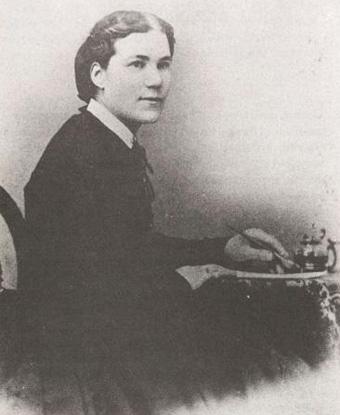
Sarah Emma Edmonds
“I began to look around for something which I might convert into a light, but did not succeed in finding anything better than a piece of salt pork, which I fried, pouring the fat into a dish in which I put a cotton rag, and then lighting the end of the rag I found I had secured quite a respectable light.”
—Civil War nurse Sarah Emma Edmonds, while attending to a wounded soldier in an abandoned house in Virginia in 1862, in her memoirs
“The greater part of the month … was spent in fitting the volunteers for the life before them and, among other things, to accustom them to the sight and taste of boiled salt pork and bacon. The day of hardtack had not yet come. The evil hour of salt pork was put off for a time, as ‘rations’ were purchased from the stores in town, and of the pedlers who visited the camp. Supplies were also obtained from the homes of the volunteers.”
—An account of the experiences of the soldiers in the 118th Pennsylvania Infantry during their first days in the service in August 1862
“We returned to our regiment, when we were supplied with some coffee, bread and salt pork, better known as ‘salt junk.’”
—John J. Brady, 12th New York Infantry, in his journal, June 7, 1861
“Here we marched to the Soldiers’ Rest, where we were furnished with our first army meal—sowbelly, hardtack and so-called coffee. We had not yet felt the pangs of hunger, our haversacks still containing a goodly part of the substantials provided for us by the patriotic ladies of Pittsburg; so instead of indulging in the government fare, we plastered the walls and floors with the sowbelly.”
—William J. Gleason, 150th Ohio Infantry, a new 100-day regiment on its arrival in Washington, D.C., in May 1864
“The salt junk as we called our pork was sometimes alive with worms….”
—Alfred Bellard, 5th New Jersey Infantry, in his memoir of the war
Sources
The Army Ration (1864); The Army Ration (1864); Down in Dixie (1893); The Portrait Monthly (1864); Battles and Leaders of the Civil War (1889); Battles and Leaders of the Civil War (1889); Nurse and Spy in the Union Army(1865); The Medical and Surgical History of the War of the Rebellion Part II, Vol. 1 (1879); History of the Corn Exchange Regiment (1888); Fifth Annual Report of the Chief of the Bureau of Military Statistics (1868); Jim Leeke, A Hundred Days to Richmond (1999); James I. Robertson Jr., Soldiers Blue and Gray (1988).
Related topics: food and drink
